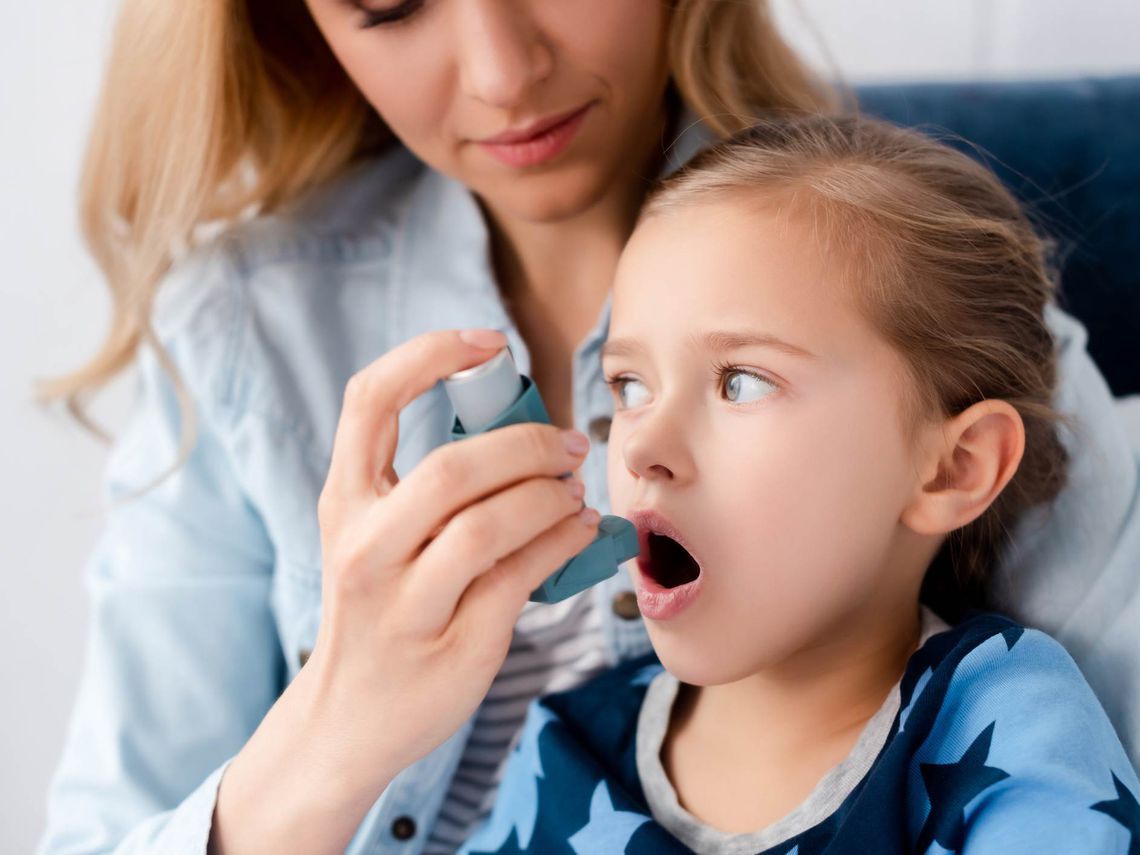Introduction
ADHD (Attention Deficit Hyperactivity Disorder) and allergies are two distinct medical conditions that affect individuals’ health and daily lives. However, recent research has revealed a potential connection between these seemingly unrelated conditions. Understanding the link between ADHD and allergies is crucial for identifying triggers and implementing effective management strategies for improved overall health. In this article, we will explore the relationship between ADHD and allergies, pinpoint common triggers, and provide practical tips for managing symptoms.
1. The Surprising Link: ADHD and Allergies
Recent studies have highlighted a possible association between ADHD and allergies. Researchers have found that children and adults with ADHD are more likely to suffer from various allergic conditions, such as allergic rhinitis, eczema, and asthma. Although the exact mechanisms behind this connection are not fully understood, several theories have been proposed.
2. Shared Biological Pathways
One theory suggests that ADHD and allergies may share common biological pathways, especially inflammation and immune system dysregulation. Neuroinflammation, a characteristic feature of ADHD, might be triggered or exacerbated by allergic reactions, leading to ADHD symptoms amplification.
3. Impact of Allergies on Cognitive Function
Allergic reactions release histamines and cytokines, chemicals that cross the blood-brain barrier and affect brain function. In ADHD patients, this neurochemical disruption may worsen attention and impulse control, contributing to ADHD symptoms.
4. Identifying Allergy Triggers for Individuals with ADHD
Identifying specific allergy triggers is essential for managing ADHD and allergy symptoms effectively. Common triggers include:
a) Environmental Allergens: Pollen, pet dander, mold spores, and dust mites are among the most prevalent environmental allergens that can worsen ADHD symptoms.
b) Food Allergens: Certain foods, such as nuts, dairy, eggs, and artificial additives, may trigger allergic reactions and exacerbate ADHD symptoms in susceptible individuals.
c) Chemical Sensitivities: Some ADHD patients may be sensitive to certain chemicals found in cleaning products, perfumes, and pesticides, leading to allergy-like symptoms.
d) Medications: Certain medications prescribed for ADHD may interact with allergens, leading to adverse reactions.
5. Effective Strategies for Managing ADHD and Allergies
Managing ADHD and allergies involves a comprehensive approach that addresses both conditions simultaneously. Here are some practical tips to consider:
a) Allergy Testing: Undergo allergy testing to identify specific triggers. This can help design a targeted avoidance plan.
b) Implement an Elimination Diet: If food allergies are suspected, try an elimination diet to identify and eliminate triggering foods.
c) Create an Allergy-Proof Environment: Minimize exposure to environmental allergens by using air purifiers, hypoallergenic bedding, and regular cleaning.
d) Medication Management: Work closely with healthcare professionals to find suitable ADHD medications that do not exacerbate allergies.
e) Behavioral Therapy: Combine medication with behavioral therapy to enhance ADHD symptom management.
f) Holistic Approaches: Consider complementary therapies like yoga, mindfulness, and acupuncture, which may help manage both ADHD and allergy symptoms.
Conclusion
The connection between ADHD and allergies reveals a complex interplay between the immune system, inflammation, and cognitive function. Identifying allergy triggers and adopting effective management strategies is essential for individuals dealing with both conditions. By taking a comprehensive approach that addresses both ADHD and allergies, individuals can significantly improve their overall health and quality of life.
Disclaimer: This article is for informational purposes only and should not be considered medical advice. Consult a qualified healthcare professional for personalized guidance on managing ADHD and allergies.




